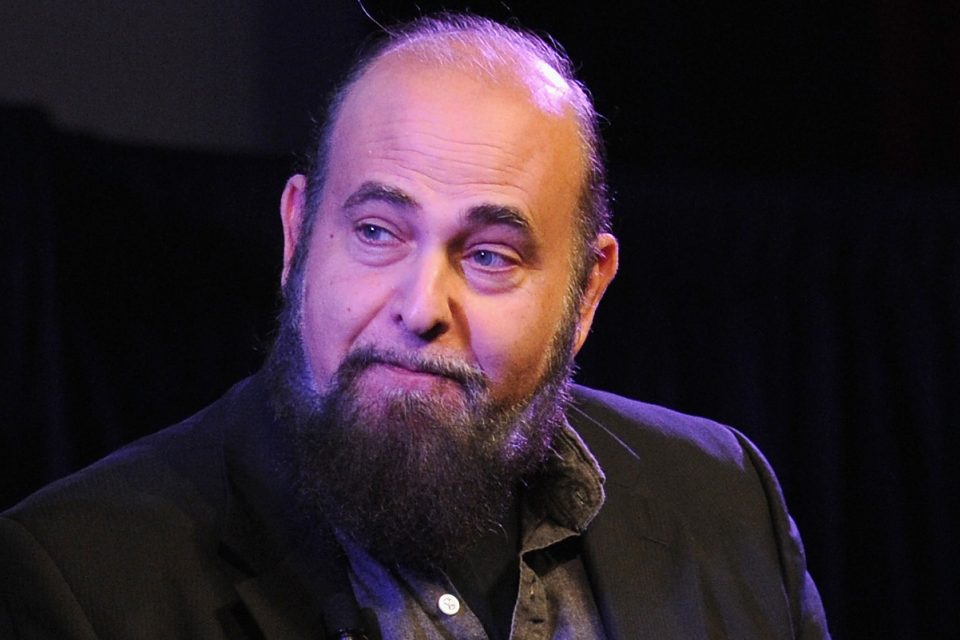Mark was as imaginative in his efforts to improve criminal justice as he was in drug policy. For decades, there has been a pervasive and fundamental problem with the probation system that supervises millions of Americans. Probationers were rarely punished for their first few violations, which encouraged them to become still more careless. Then, quite suddenly, without any explanation, they were sent off to serve substantial jail or prison sentences. It was a psychologically naive, ineffective system that probationers thought unfair. “Swift, certain, fair” was Mark’s summary of his own approach to fixing the problem. He proposed that anyone who violates probation conditions—for example, failing a drug test—should receive a prompt but modest punishment, applied in a way that meets our common understanding of fairness. He propounded this idea for 20 years before the Obama administration started to experiment with versions of it. The first experiment, in Hawaii, was very successful; the results of later experiments were mixed, as is oft the case with policy innovations that are hard to implement in a consistent way.
Mark was more interested in getting an idea into practice than in publishing in scholarly journals, though he did enough of that to be a professor at the University of California, Los Angeles, and then New York University. He wrote two important books that have not received the attention they deserve. Against Excess (1992), which set out his drug policy analysis, was, to make a bad pun, excessively long, crammed with too many novel ideas. When Brute Force Fails (2009) provided insights about how to reform criminal justice in general, but in an analytic frame that is too much rooted in game theory for criminologists to follow.
His great scholarly love was political philosophy. A long paper about Machiavelli never saw the light of day but was surely unorthodox and insightful. He was a protégé of Tom Schelling, the great economist, who admired Mark’s intellectual creativity. Mark adopted Schelling’s writing style; every word counted. He added an acerbic wit. “A drug-crazed drug warrior can be as great a public menace as a drug-crazed addict,” he once wrote.
Mark’s death led to an outpouring of admiration and affection. He had been a mentor to many scholars and, more surprisingly, practitioners. He was a constant source of interesting policy ideas. At the end of his career, he launched a flurry of experiments in the Pennsylvania Department of Corrections aimed at making incarceration both more humane and more effective. Some prominent journalists mourned the loss of one of the few policy scholars who was honest, approachable and insightful. In his uniquely humane but unsentimental fashion, Mark had a remarkable impact on the worlds of crime and drug policy.


